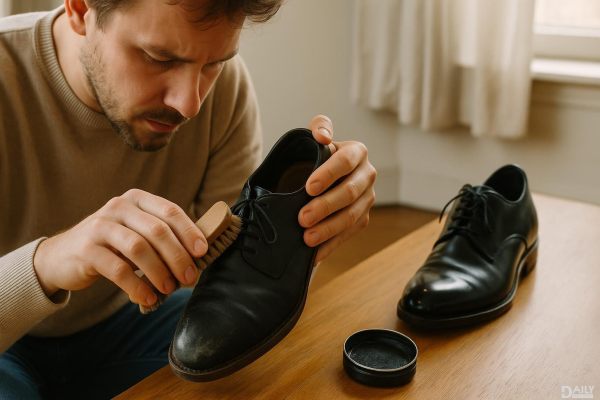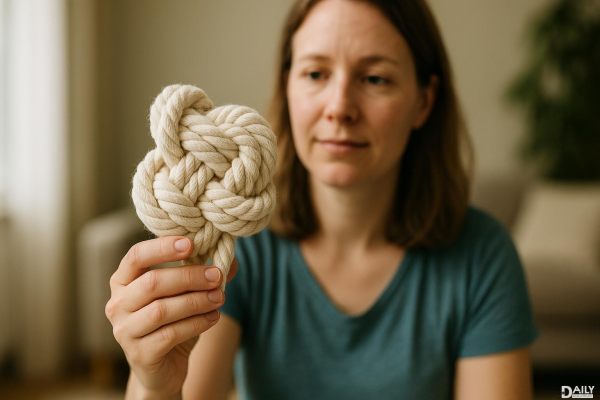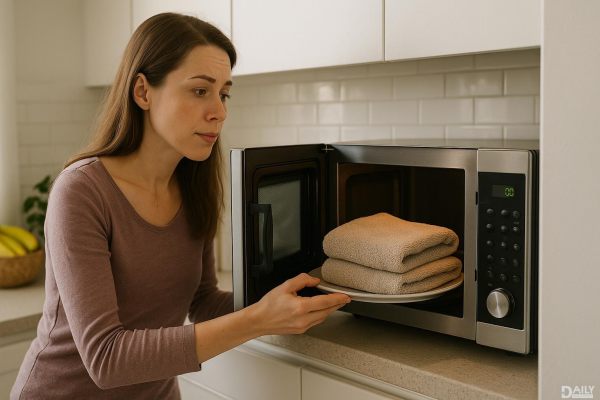If you've ever wondered why weighted blankets feel like a warm, comforting hug, it's because they literally mimic one. The deep pressure stimulation they provide triggers your nervous system to release oxytocin—the same "cuddle hormone" that floods your body when you're embraced by someone you love. This isn't just some placebo effect; studies show this hormonal shift can lower cortisol (your stress hormone) by up to 33% in some people. That's like going from a tense work call to a chilled-out yoga session without even changing your outfit.
The Science Behind the Squeeze
Weighted blankets work on a principle called Deep Pressure Touch Stimulation (DPTS), which essentially tricks your body into thinking it's being held. This isn't just woo-woo wellness talk—researchers have found that DPTS can significantly reduce physiological markers of stress, including heart rate and blood pressure. The magic happens because the pressure activates your parasympathetic nervous system, the part of your body responsible for rest and digestion. When this system kicks in, your fight-or-flight response takes a backseat, and your body starts pumping out those feel-good chemicals like serotonin and dopamine. Think of it as your brain’s version of hitting a "chill mode" button.
Anxiety’s Worst Nightmare
For folks with anxiety disorders, weighted blankets can be a game-changer. The constant low-level pressure helps interrupt racing thoughts by giving your nervous system something tangible to focus on—kind of like how fidget toys work but way cozier. A 2020 study in the Journal of Clinical Sleep Medicine found that participants with insomnia who used weighted blankets reported lower anxiety levels and improved sleep quality. And since anxiety often cranks up the volume on every little worry, having a physical anchor (literally) can help quiet the mental noise.
Sleep Like a Log (No Counting Sheep Required)
Ever notice how babies sleep better when swaddled? Adults aren’t that different. The gentle pressure from a weighted blanket can increase melatonin production, the hormone that regulates your sleep-wake cycle. Unlike popping a sleeping pill, which can leave you groggy, the blanket’s effect is more natural—like your body’s own off-switch for insomnia. Plus, the weight prevents the midnight tossing and turning that comes with restless nights. One study even showed that people using weighted blankets fell asleep faster and woke up less frequently. So if you’re tired of staring at the ceiling at 3 AM, this might be your ticket to dreamland.
Not Just for Anxiety—Surprising Bonus Benefits
While weighted blankets are famous for their anxiety-busting powers, they’ve got some lesser-known perks too. For people with ADHD or autism, the deep pressure can improve focus by reducing sensory overload. It’s like putting noise-canceling headphones on your nervous system. There’s also evidence they help with PTSD symptoms by providing a constant, safe sensation that grounds you during flashbacks or panic attacks. And let’s not forget the simple joy of feeling snug as a bug—sometimes the best therapy is just wrapping yourself in a cozy, heavy cloud and letting the world wait.
Picking Your Perfect Weight
Not all weighted blankets are created equal. The general rule is to choose one that’s about 10% of your body weight—so if you’re 150 pounds, go for a 15-pound blanket. Too light, and you won’t get the full DPTS effect; too heavy, and it might feel suffocating. Material matters too: breathable fabrics like cotton are great for hot sleepers, while minky or fleece add extra coziness for cold nights. And if you’re sharing a bed, consider a dual-zone blanket so your partner isn’t trapped under your personal sandbag.
At the end of the day, weighted blankets aren’t a cure-all, but they’re a low-risk, high-reward tool for anyone needing a little extra calm in their life. Whether you’re battling anxiety, insomnia, or just the general chaos of existing in 2024, sometimes the best solution is to pull the covers over your head—literally.
























